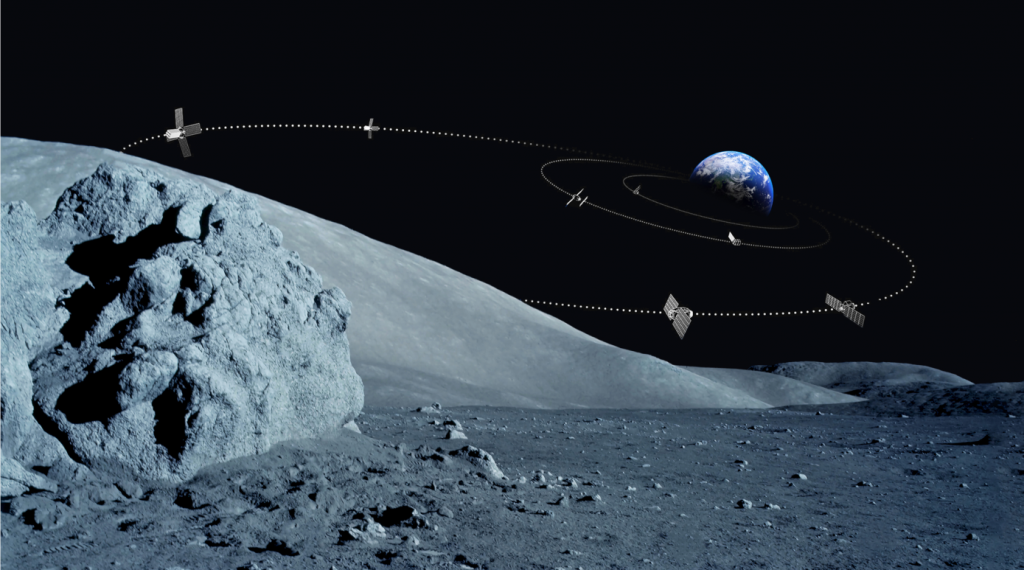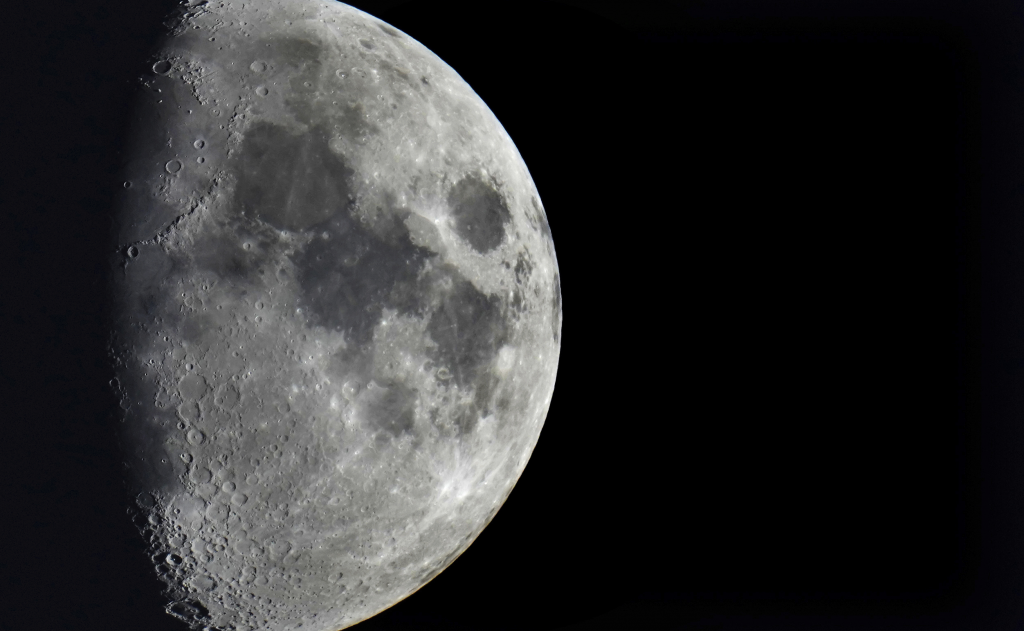In the ever-evolving field of space exploration, a new startup founded by three brothers, Robert Carlisle, Ryan Carlisle, and Kirby Carlisle, who previously worked at SpaceX, has set its sights on building an in-space transportation network. Argo Space Corporation aims to overcome the key limitations of the space economy by using reusable spacecraft fueled by water harvested from the moon.
The company’s first spacecraft, the Argonaut, is designed to be reusable and refuelable, with the ability to perform energy-intensive transfers to geosynchronous (GEO) and other demanding orbits. Argo plans to harvest and store lunar water in space for refueling and will use a water plasma thruster for propulsion.

The company believes that commercializing the resource of lunar water will enable a whole new economy beyond low Earth orbit (LEO). Argo recently closed a $2 million funding round led by Type One Ventures, with participation from Boost VC, Stellar Ventures and Earthrise Ventures.
Argo is focused on developing a new propulsion system that uses water as a propellant instead of cryogenic fuels like liquid oxygen, methane and hydrogen. According to Ryan, one of the co-founders, water is easier to work with than cryogenic fuels because it doesn’t have the same corrosive effects on materials and can be stored for long periods. Cryogenic fuels, however, need to be stored at extremely low temperatures and can affect the material properties of components like actuators and seals.

Kirby, Argo’s COO, also experienced difficulties working with cryogenic fuels during his time at SpaceX. Argo plans to extract water from the moon and turn it into propellant for in-space refueling depots and long-duration missions. The company’s initial plans include generating revenue from in-space transportation services and using the spacecraft for satellite inspections and orbital debris removal.

Argo’s CEO, Robert Carlisle, said the company is talking to lander and rover companies to get a first demo down on the moon. The next big milestone for Argo will be an initial demonstration mission in late 2024 to prove out the propulsion technology and spacecraft capture mechanism. Robert believes Argo’s transportation network could solve the pain point for small satellites accessing higher energy orbits beyond LEO.


